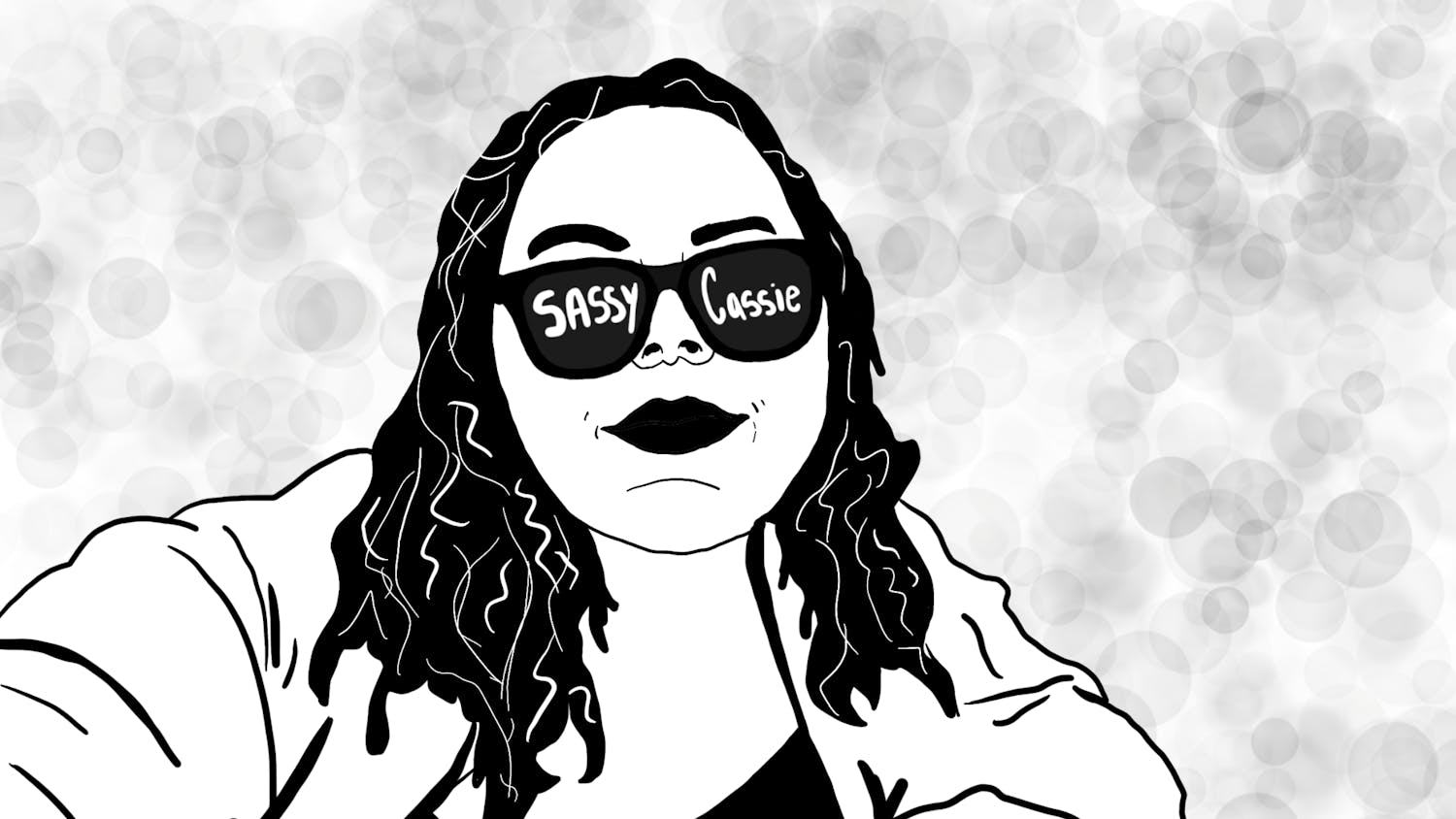Two weeks ago, I shared a very touching moment with 20,000 people in Leipzig, Germany, at the Light Festival, an annual commemoration of the Peaceful Revolution of 1989.
On Oct. 9, 1989, approximately 70,000 people demonstrated in the center of Leipzig with candles for freedom and human rights. Despite thousands of ready-to-open-fire police and soldiers, the demonstration was ultimately very peaceful. That demonstration and many others sparkled as the Peaceful Revolution, which became the surging tide to bring down the Berlin Wall and brought Germany’s reunification.
I was in a sea of burning candles signifying the power of solidarity on Augustus Square. The inner-ring road was closed to traffic and the streetlights were dimmed. On the MDR Tower, rooms with lights on were forming numbers “8” and “9.” The Hungarian State Minister was giving a speech on Hungary’s role in helping tens of thousands of East Germans flee to the West. A big screen was showing video clips of the revolutionary path accompanied by a dance visualizing the people’s struggle back then.
Even though the event was just a short walk from the University of Leipzig campus, the number of young people participating still astonished me. They might not relate directly to the endeavor of their mothers and fathers, grandmothers and grandfathers, but they joined in and enjoyed it just like a big party.
During the next few days, almost all the German students I spoke with expressed their deep shame of being German. The Nazis’ past crimes, the history of the Iron Curtain and the dark days under the GDR (the German Democratic Republic, informally known as East Germany) had given Germany a notorious label, which they carry with them wherever they go.
In my previous — and of course, ignorant — impressions, the Germans were known to be extremely proud of their nation, which is why I found that attitude even more incredible. Why carry such ancient history on your shoulders when it was not even your fault? They couldn’t tell me a particular reason. Is it a mark from birth? Is it the diligent work of the history textbook committee? Or is it a trait in their blood?
The Peaceful Revolution may have directly inspired the reconciliation of West and East Germany, but we cannot neglect some key figures who laid the foundation. Former German Chancellor Willy Brandt had been striving to improve Germany’s relations with the Eastern Bloc (communist) countries during his term from 1969 to 1974. In December 1970, Brandt knelt down at the monument to the Jewish victims of the Nazi occupation of Poland and showed the world that Germany is a nation that apologizes.
The ability to apologize; what a good trait. To apologize, you need to acknowledge. To acknowledge, you need to have courage. To find courage, you need to be humble.
Brandt was so humble in front of his nation’s own shameful history. What the Nazis did was not his fault, yet he still took the responsibility. I suppose that he knew, and today’s young Germans know, that they are all in this together — sharing the glory as well as the shame.
Now I am ashamed. Why should I feel so uncomfortable just to write down the year “1989”? Why am I so afraid of being pictured standing beside the large candle-formed “8” and “9”? Why is this my first time learning about the Peaceful Revolution? My ancestors’ fight against feudalism and the Japanese invasion is too long ago for me to touch, yet why is my memory about China’s 1960s, ’70s and ’80s so vague? And why am I so fragile, so suspicious in jigsawing the path my mothers and fathers, sisters and brothers, walked through? Why don’t I know where I came from and where I shall go?
I’m the leaves growing without roots. I’m the ghosts walking without feet.
On Augustus Square, my friend Linda from the former West Germany, pointing at our Russian friend Nadja next to me, said: “If not because of this revolution, none of us would be standing here, in (the former) East Germany!”
It’s fascinating how the landscape has changed within only 23 years! Now Germany has become the largest national economy in Europe and the fourth in the world. Somehow they’ve managed a balance: repenting the past shame and restoring the nation’s future pride.
Will I have the courage to do the same? I can’t say for sure. But what I’m concerned about is that I must be humble all the same.
Bingxin “Sophia” Huang is a master’s student at Ohio University who is studying at the University of Leipzig this semester and a columnist for The Post. Send her your thoughts at bh586611@ohiou.edu.





